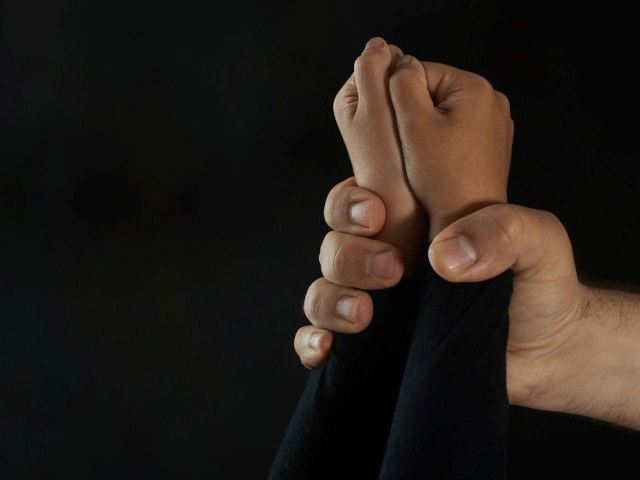With new DNA labs, India tackles backlog of sexual assault cases
India is bringing in new measures aimed at strengthening investigations into sexual assault

DNA evidence to aid in solving backlogged sexual assault cases in India. PHOTO:FILE
Seven-year-old among dozens raped at Bihar girls' shelter
The government has pledged to build more labs specialising in examining DNA evidence in sexual assault cases, and has issued new guidelines to help ensure that investigators do not contaminate evidence.
Less than half of the more than 25,000 cases that go to DNA labs each year are processed, while 20% of lab reports do not hold up in court due to contaminated evidence, said India's chief forensic scientist, S K Jain.
"We are looking to increase the capacity of labs and hire more qualified manpower in the next four months to plug these gaps," Jain told the Thomson Reuters Foundation.
A new set of guidelines for investigators of sexual assault cases, released by the Central Forensic Science Laboratory (CFSL), emphasizes the proper handling of samples like vaginal swabs, condoms, pubic hair and clothes.
The government also announced that it would build six labs dedicated to investigations of sexual assault against women, which will be able to provide forensic examination of 50,000 cases per year. The first facility is being set up in the northern city of Chandigarh at the CFSL campus, the Ministry of Women and Child Development said in a June statement.
The Chandigarh facility will serve as a model for five more in cities across the country, and it will increase the capacity of forensic examinations at the CFSL from less than 160 cases a year to 2,000, the statement said.
India tightened its laws with a greater focus on women's safety after the fatal 2012 gang rape of a student in New Delhi. Yet only one in four rape cases results in a conviction, according to government data. A shortage of well-equipped laboratories and qualified staff means that DNA samples from hundreds of sexual assault cases await testing, said lawyers and campaigners who welcomed the government's initiatives.
Two teenagers gang raped in India, one commits suicide
"Lots of DNA evidence gets disintegrated and it's crucial that samples reach on time," said Kushi Kushalappa of the charity Enfold Proactive Health Trust, which works on child sexual abuse. "We need more labs and quick results."
Ravi Kant, a lawyer and founder of the anti-trafficking charity Shakti Vahini, said he hoped the new guidelines would improve crime scene investigations.
"Crucial evidence is not collected, and as a result, all cases of sexual assault and trafficking are dependent only on victim's statement," he said. "Good forensics can actually nail the truth."



















COMMENTS
Comments are moderated and generally will be posted if they are on-topic and not abusive.
For more information, please see our Comments FAQ